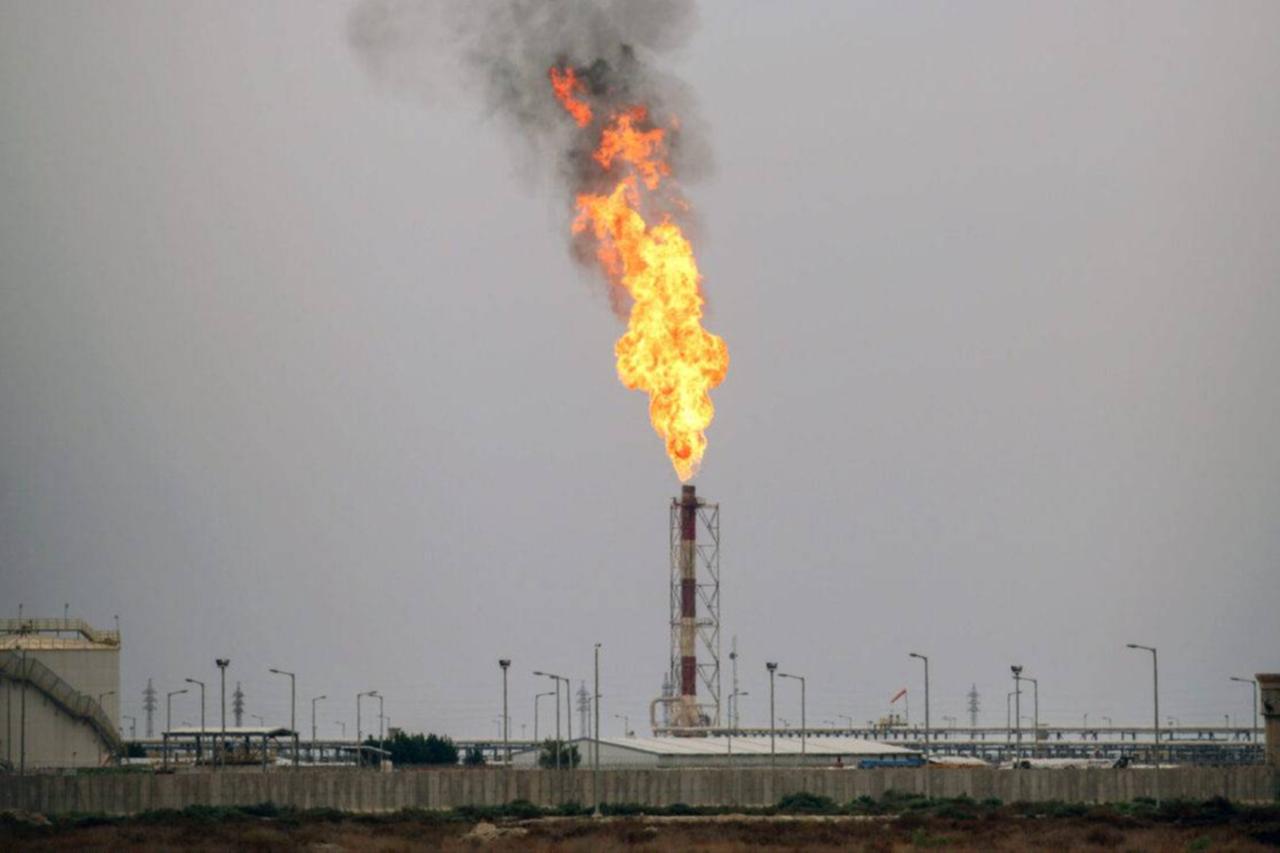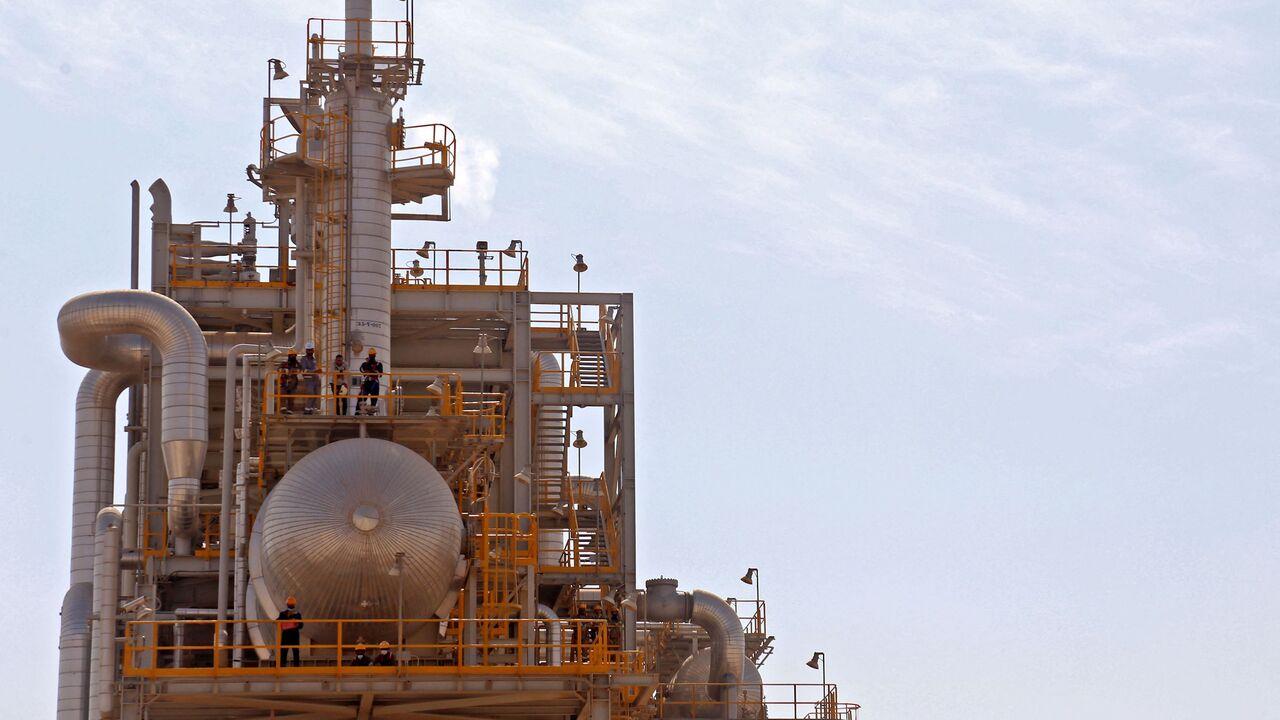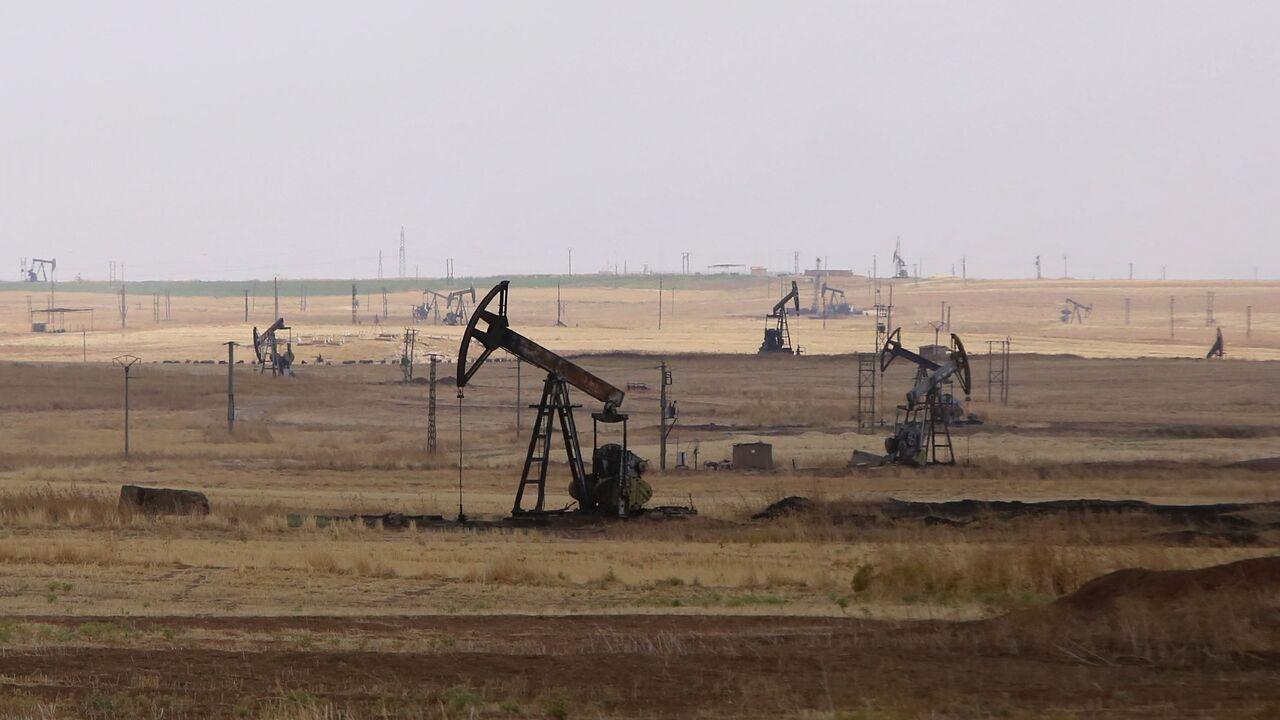
Türkiye's largest oil refineries are purchasing more non-Russian crude oil in response to the latest Western sanctions on Russia, according to two people with direct knowledge of the matter and several industry sources speaking to Reuters on Sunday.
Türkiye remains a major buyer of Russian crude alongside China and India.
Turkish refiners are now taking similar steps to those adopted by Indian refiners, reflecting the impact of U.S., European Union, and UK efforts to restrict Russian oil sales that fund the war in Ukraine.
SOCAR Türkiye Aegean Refinery (STAR), one of Türkiye's largest refineries and owned by the Azerbaijani company SOCAR, recently purchased four cargoes of crude from Iraq, Kazakhstan, and other non-Russian producers for December arrival, according to the sources speaking to Reuters.
This volume amounts to between 77,000 and 129,000 barrels per day (bpd) of non-Russian supply, based on cargo-size calculations, meaning SOCAR will consume less Russian crude going forward.
Russian crude accounted for virtually all of the STAR refinery's crude intake in October and September, totaling approximately 210,000 bpd, according to Kpler data.

One of the four cargoes is a Kazakh KEBCO shipment, according to two sources who spoke to Reuters. The grade is similar in quality to Russian Urals crude but sourced from Kazakhstan.
SOCAR's STAR refinery imported just one other cargo of the Kazakh grade this year and none in 2024.
Tupras, Türkiye's other major refiner operating two refineries in the country, is increasing purchases of non-Russian grades of similar quality to Russian Urals crude, such as Iraqi grades, according to two sources.
Tupras is likely to completely phase out Russian crude imports at one of its plants soon to maintain fuel exports to Europe without violating the EU's incoming sanctions, according to two sources.
"The company would continue processing Russian crude at its other refinery," they said.
Tupras has already diversified its crude supply this year, purchasing its first-ever cargo from Brazil and currently awaiting its second-ever cargo of Angolan crude, a Mostarda cargo due to arrive in early November.

Türkiye is set to receive 141,000 bpd of Iraqi crude in November, according to Kpler data, up from 99,000 bpd in October and compared with approximately 80,000 bpd on average this year.
December data is not yet available.
The moves by Turkish refiners to boost purchases of non-Russian crude due to the latest sanctions have not been previously reported.
Türkiye imported approximately 669,000 bpd of crude oil over January through October, according to Kpler data.
Of that total, 317,000 bpd, or 47%, was Russian. That compares with 580,000 bpd of crude imports over the same period last year, of which 333,000 bpd was from Russia.